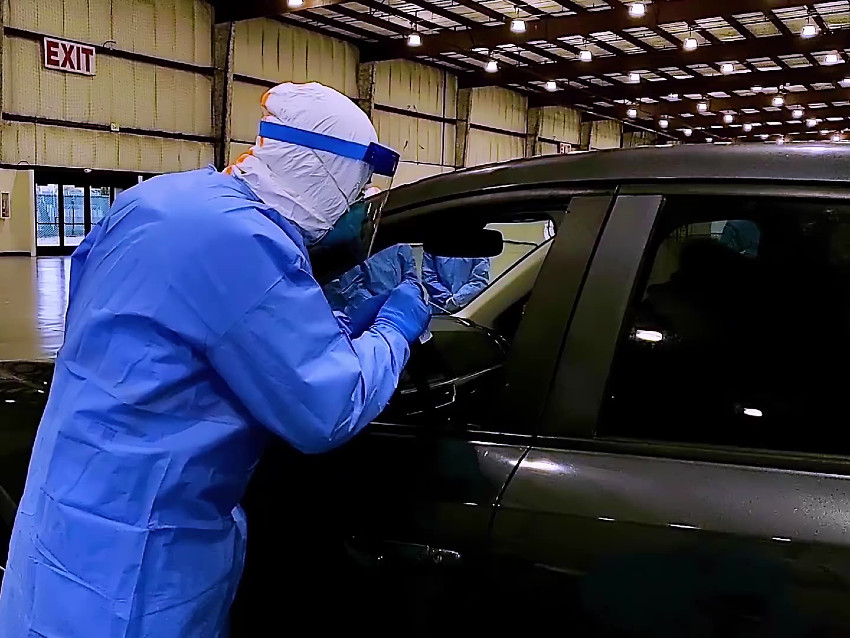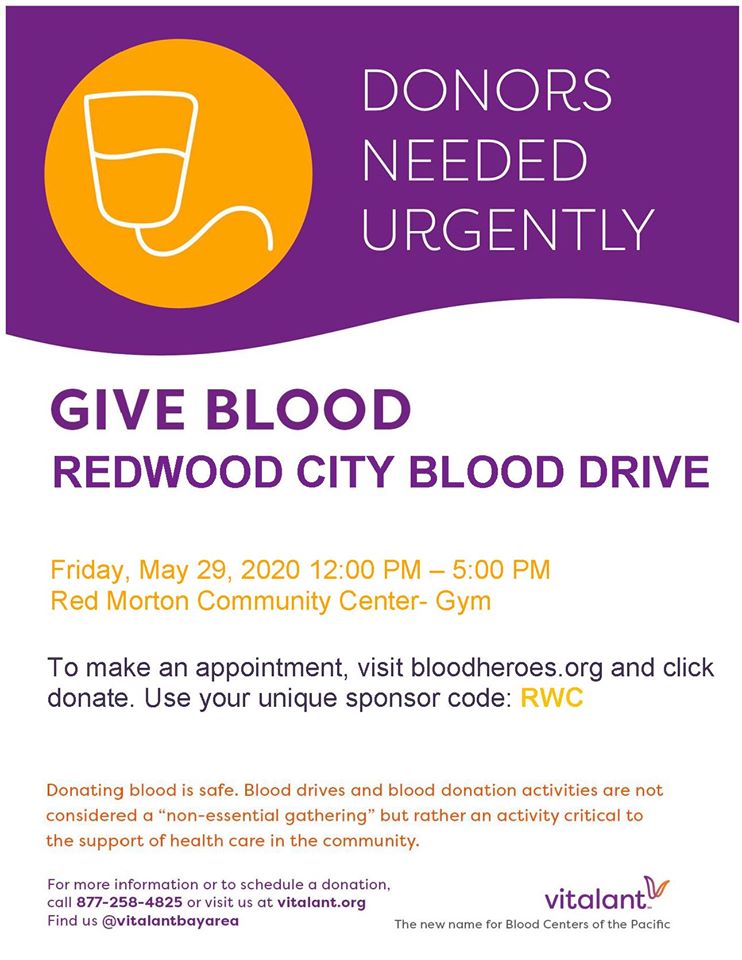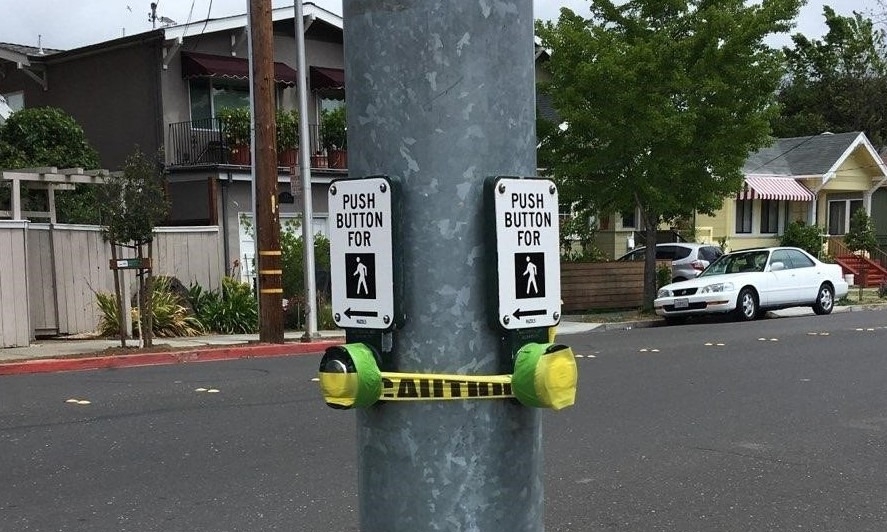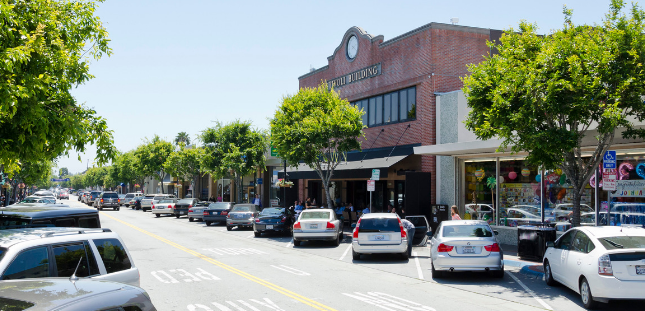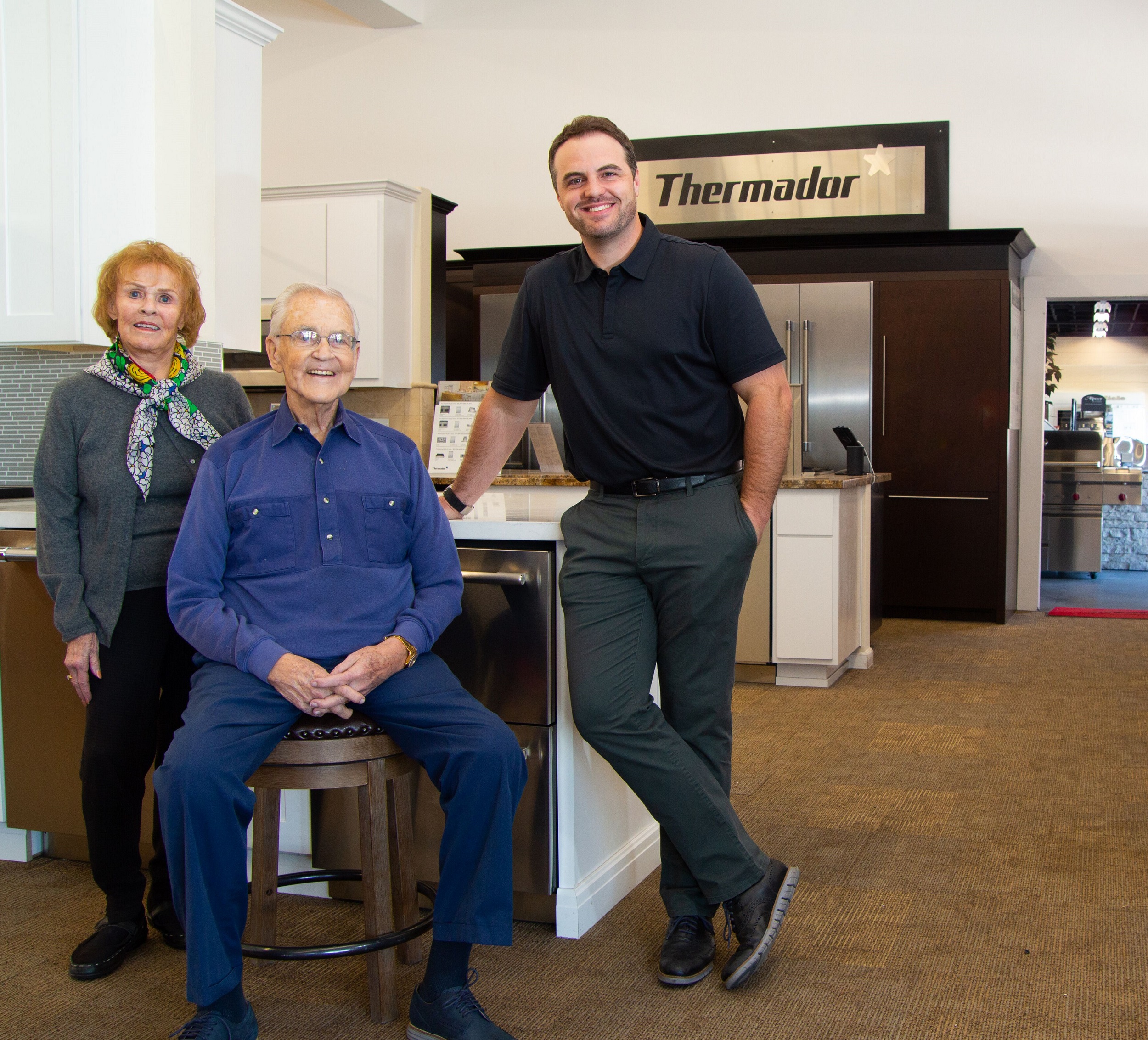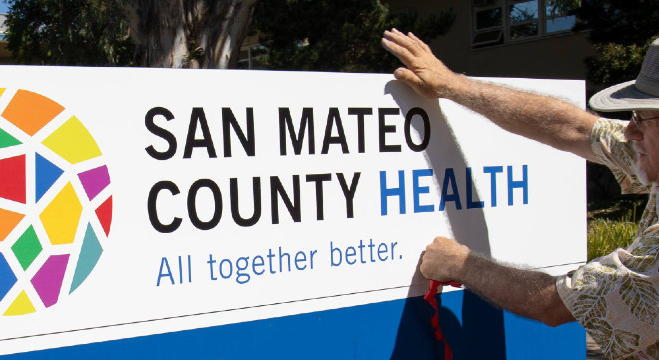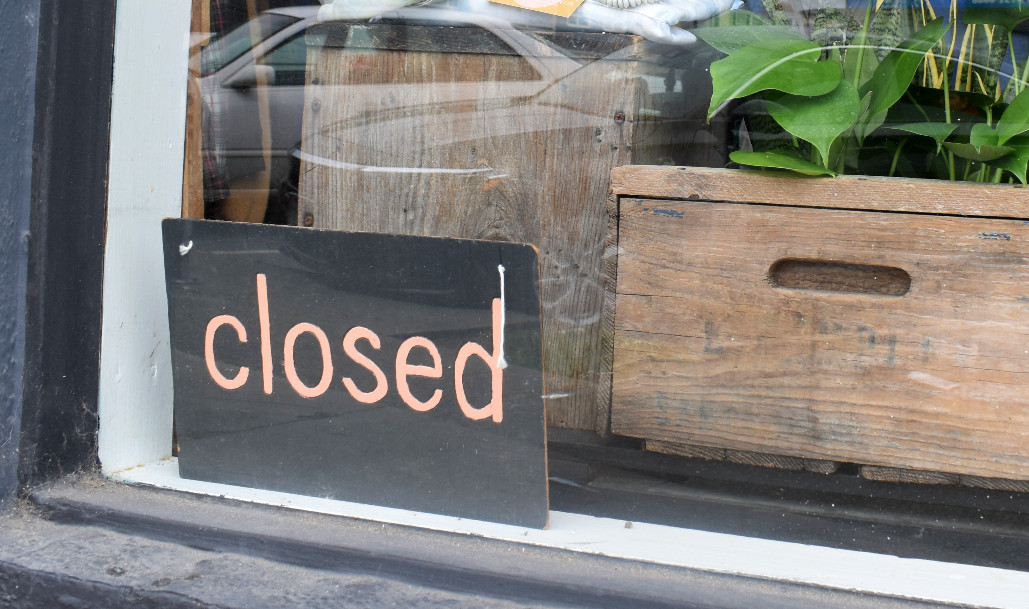4-way stop proposed for Clinton St. and Harrison Ave.
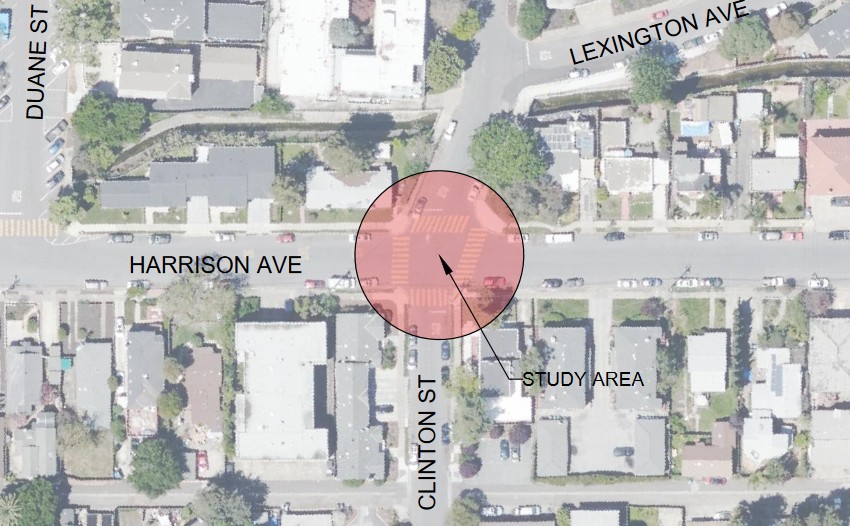
After traffic safety concerns expressed by residents, Redwood City is proposing to install additional stop signs at the intersection of Clinton Street and Harrison Avenue and make it a four-way stop.
Currently, the intersection adjacent to North Star Academy, a K-8 elementary school, and McKinley Institute of Technology, a 6th-8th grade school, features stop signs on Clinton Street but not on Harrison Avenue. Right-of-way conflicts at the intersection, and high pedestrian activity from the schools are reasons residents cited as concerns about traffic safety, a city report states.
At the intersection, Harrison Avenue carries about 1,780 vehicles per day and Clinton Street about 1060 vehicles, a city study showed. While no collisions have occurred at the intersection in the past 36 months, the city said the intersection meets the city’s criteria for stop signs on residential streets
“The proposed stop signs will increase pedestrian and bicyclist safety,” city staff said.
A notice about the proposal was mailed to residents within 200 feet of the intersection on April 8, and also to the chairs of the Mt. Carmel Neighborhood Association. No concerns or negative feedback was expressed. The cost to install two stop signs is about $2,000.
The proposal appears on the Redwood City Council consent calendar agenda on Monday, May 18.

